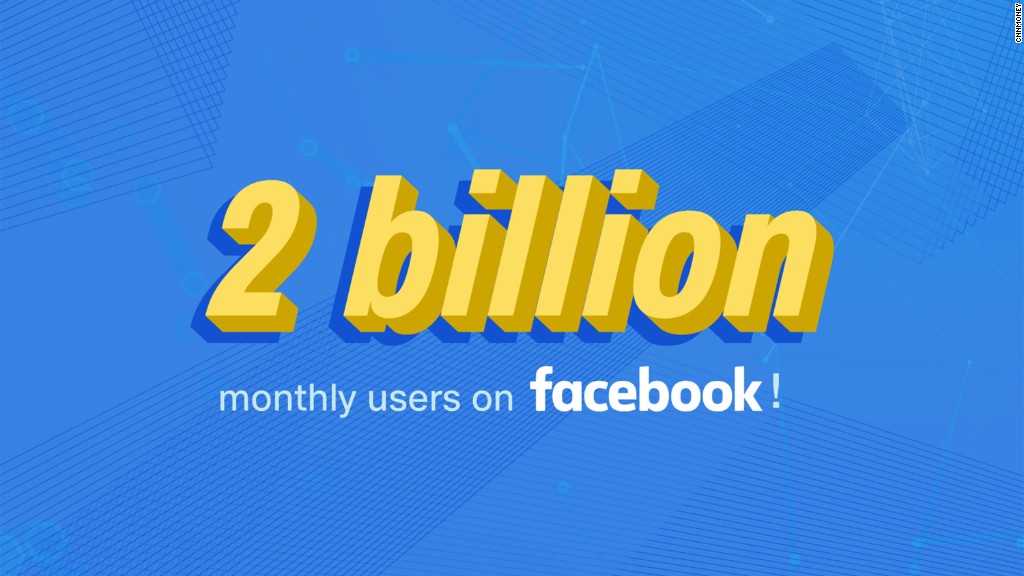
Facebook's latest diversity report is stark reminder of the gulf between the goal of a multiracial workforce and the company's current monoculture.
The social media giant published its 2017 diversity report on Wednesday. Facebook has increased its Hispanic and Black workforce by 1% each, to 5% and 3%, respectively. But when it comes to its tech workforce -- its coders, developers, and engineers -- the numbers are static at 3% and 1%, respectively.
Tech companies like Apple (AAPL), Microsoft (MSFT) and Facebook (FB) started voluntarily releasing the reports in 2014 to indicate their progress solving a long-standing problem in the technology industry. The effort is praised by diversity advocates as a means of benchmarking the company's workforce and identifying what efforts are working.
In three years, the reports have become more robust but the results are still largely underwhelming. They tend to contain language that's sterile and prescriptive. Most can be reduced to something like: "We aren't where we'd like to be." That's from Facebook's global director of diversity Maxine Williams in Wednesday's post about the new report.
Related: Uber will adjust salaries to ensure gender and racial pay equity
Williams touted the benefits of diversity ("Diversity helps us build better products, make better decisions and better serve our community) and reaffirmed the company's dedication ("We're committed to building a more diverse, inclusive Facebook -- and will remain committed.") She also announced new efforts, like inclusion training for managers and "Be The Ally" training to give employees "common language, tools and space to practice supporting others."
But as elite tech companies purport to hire only the best and the brightest, can it really be so difficult to move the needle even just a bit more?
Y-Vonne Hutchinson, founder of inclusion consultancy firm ReadySet, told CNN Tech that it is certainly harder for larger tech firms to show gains when it comes to diversity and inclusion efforts. Facebook now employs more than 11,200 workers, according to its latest EEOC filing. But she called the company's Black and Latino small demographic gains "still disappointing."
"At this rate, it would take them more than a decade to hire black and Latino technical talent on par with their graduation rates," said Hutchinson, adding that it's "telling" that Facebook's technical workforce remained stagnant when it comes to its Black and Hispanic workforce. "It is [also] telling that numbers for the same group in leadership has remained flat," she added. Black and Hispanic leadership numbers remained unchanged at 3% each.
Carissa Romero, partner at diversity consulting firm Paradigm, agrees with Hutchinson.
"We should absolutely hope and push for more," she said. "The lack of progress in the representation of Black and Latinx employees in tech is particularly notable. Approximately 18% of students that graduate with CS and computer engineering degrees are Black and Latinx. Tech companies should be asking themselves why these students aren't becoming a part of their tech workforce, and build the strategies and programs needed to close that gap."
Facebook made some marginal gains to its female workforce: 35% of its global workforce are women, up from 33%. In tech, its percentage of women has increased from 17% to 19%, and women makeup 27% of new graduate hires in engineering and 21% of new technical hires, Facebook said. Things aren't much better down Highway 101 at Google: Women make up 31% of its employees and 20% of its tech workers.

